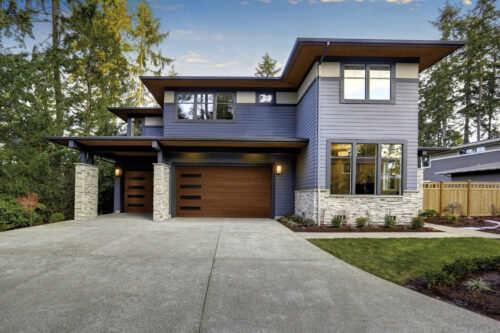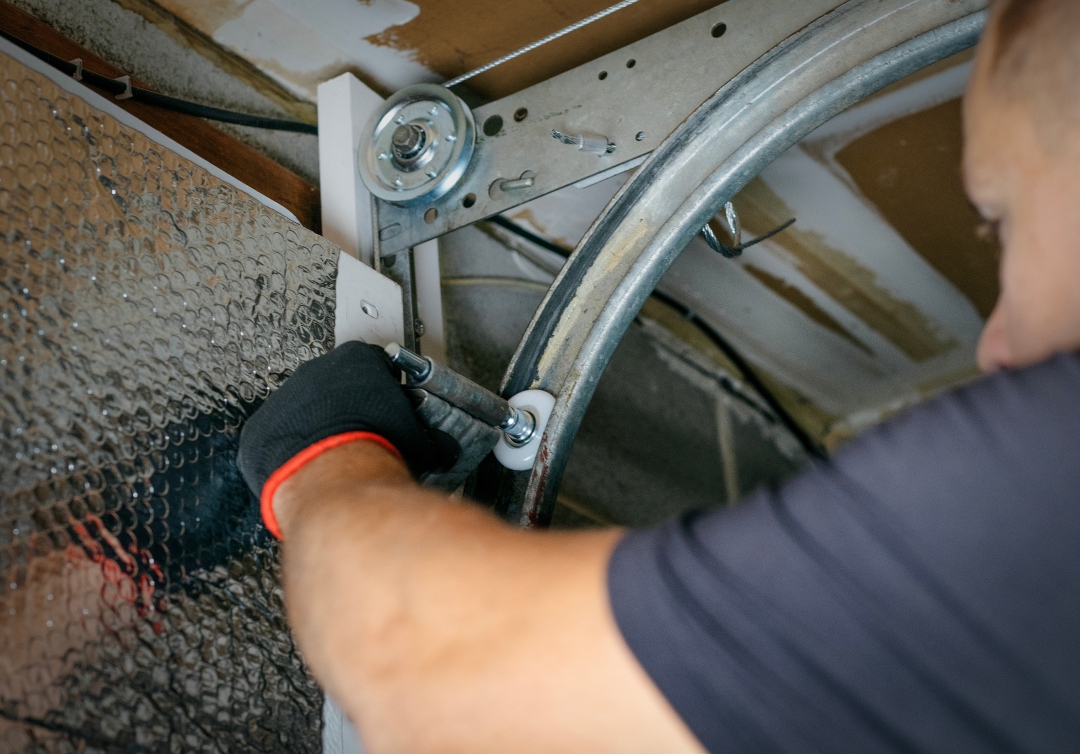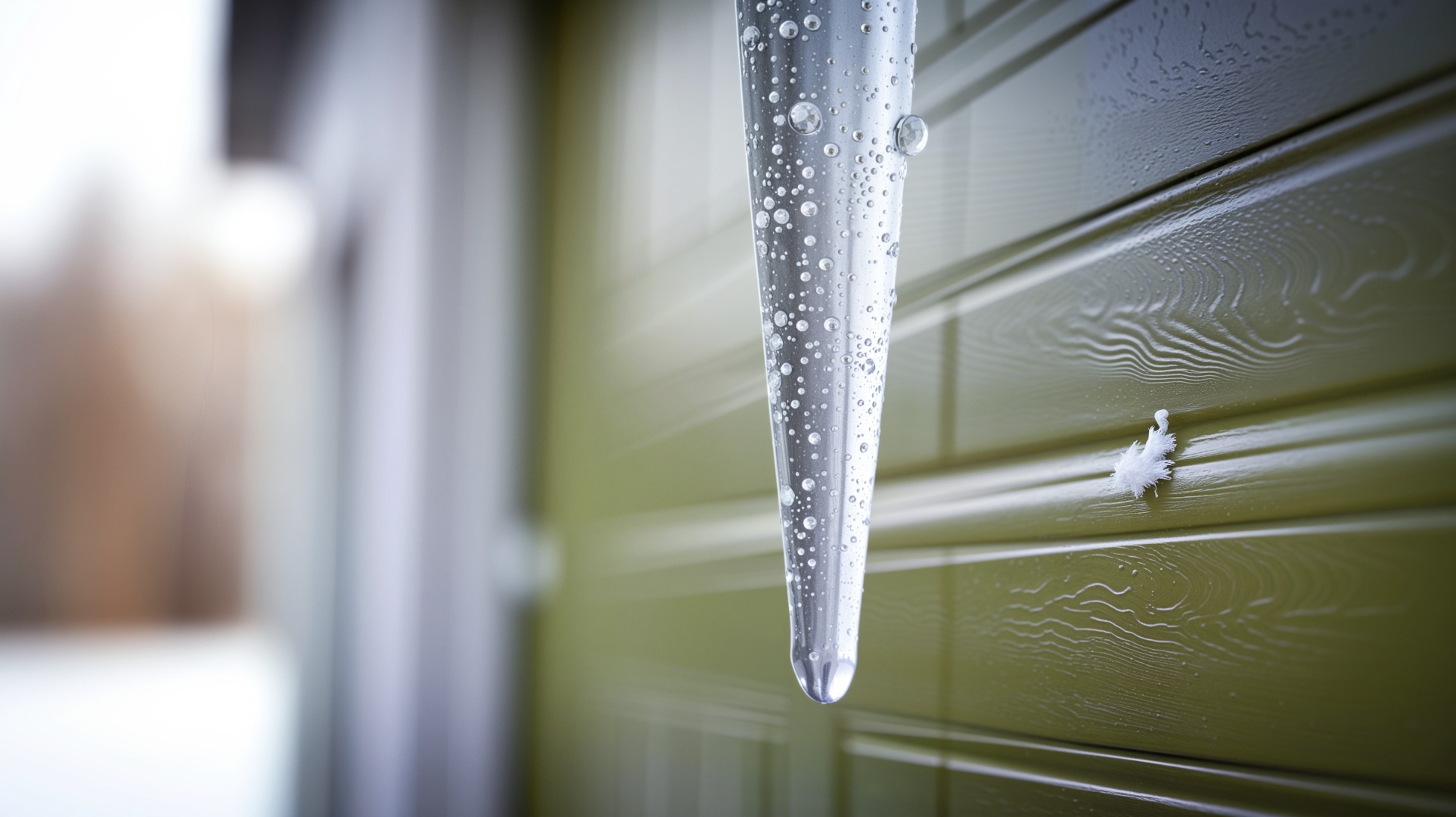Choosing the wrong garage door for a garage door installation can lead to costly repairs.
Customers that we meet on a day to day basis do not realize how complicated a garage door can be. Garage doors have over 30 moving parts, varying thicknesses of steel, varying quality of hardware and a variety of noise levels. If you are in the market to replace or install a new garage door, we hope that this will help you in your door buying process.
Let us first talk about the garage door thickness or gauge. Most residential doors are between 24-26 gauge steel (the higher the number, the thinner the steel/the lower the number the thicker the steel). Triple layer doors (steel + Insulation + steel) have a 25-gauge outer layer and a 26-gauge inner layer. Double layer doors have a 24- or 25-gauge steel layer with polystyrene insulation, and a single layer door has a 24- or 25-gauge steel layer.
Most standard garage door hinges are 18-gauge. We recommend going with the 14-gauge hinges due to the fact that the 18-gauge hardware will crack at stress points quicker than the 14-gauge. You won’t find rollers in varying thicknesses. But, you will find the options of plastic, steel or nylon-coated. We recommend a 10-11 ball bearing nylon-coated roller for a standard residential door due to longevity and noise level.
Anyone that has had a garage door will know that they make noise. When speaking of noise level, the thicker the gauge of steel, the less noise the door will make. Adding insulation will help this as well. But the best way to go when concerned with noise level is the triple layer steel-back doors.
More than anything, make sure you vet the garage door company you plan to buy from. We recommend getting at least 4 quotes. Do not go with the cheapest, but do not go with the most expensive. We recommend choosing a company in the middle. Research the company by checking reviews online. If you cannot find any information on the company, you may want to keep looking!



